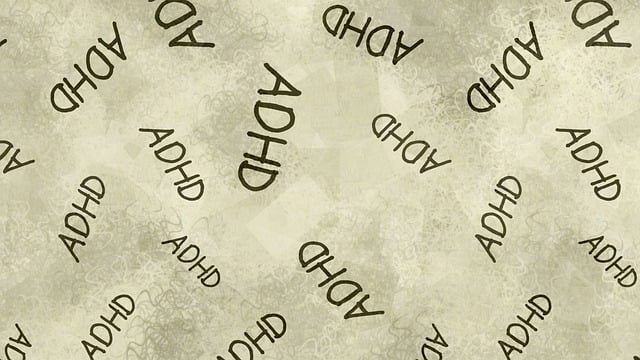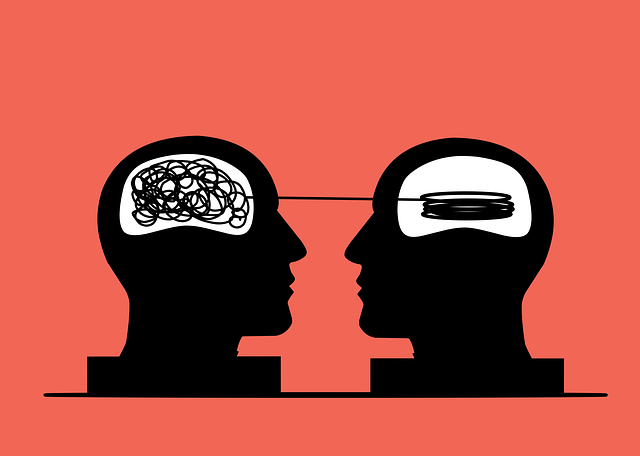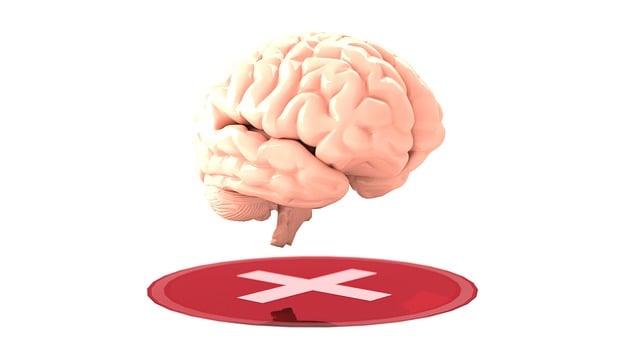Crisis Intervention Teams (CITs) leveraging Centennial Major Life Transitions Therapy (CMLT) provide tailored mental health support during major life changes and losses, enhancing resilience. CMLT integrates Mindfulness Meditation, Emotional Healing Processes, burnout prevention, and cultural competency training to empower professionals in recognizing warning signs of crises and offering effective interventions. Through real-life case studies, collaborative problem-solving exercises, and a balance of theoretical knowledge and practical skills, CITs become better equipped to handle diverse client needs, significantly improving their impact on individuals' lives.
Crisis intervention team (CIT) training programs are essential resources for equipping professionals with the skills to support individuals during mental health crises. This article delves into the significance of CITs, focusing on their role in addressing major life transitions using therapeutic approaches like Centennial Major Life Transitions Therapy. We explore key components of effective training programs, emphasizing preparation and impact. By understanding these elements, we can enhance crisis response and foster better outcomes for those in need.
- Understanding Crisis Intervention Teams: A Vital Resource for Mental Health Support
- Centennial Major Life Transitions Therapy: Exploring Its Role in Training
- Designing Effective Training Programs: Key Components for Preparedness and Impact
Understanding Crisis Intervention Teams: A Vital Resource for Mental Health Support

Crisis Intervention Teams (CITs) are a vital resource in mental health support, especially during times of significant stress and change. These specialized teams, often composed of trained professionals from various backgrounds, including therapists, social workers, and first responders, play a crucial role in providing immediate assistance to individuals facing critical situations. Whether it’s a sudden loss, a major life transition like retirement or college entrance, or even an episode of burnout, CITs offer a supportive network tailored to address unique emotional needs.
Centennial Major Life Transitions Therapy focuses on the profound impact these transitions can have on mental well-being. By integrating strategies from Mindfulness Meditation and promoting Emotional Healing Processes, CITs empower individuals to navigate challenging periods with enhanced resilience. Moreover, their proactive approach to Burnout Prevention ensures that people in high-pressure environments receive timely interventions, fostering a healthier and more sustainable lifestyle.
Centennial Major Life Transitions Therapy: Exploring Its Role in Training

Centennial Major Life Transitions Therapy (CMLT) offers a unique and valuable perspective within crisis intervention team training programs. This therapeutic approach focuses on the significant life changes that individuals often experience throughout their lives, providing tools to navigate these transitions with resilience and emotional intelligence. By integrating CMLT into training, mental health professionals can enhance their ability to support clients during crises by recognizing and addressing underlying emotional shifts related to major life events.
The program equips participants with enhanced risk assessment skills, enabling them to identify potential triggers and warning signs of mental health crises. Additionally, CMLT promotes self-awareness among team members, fostering an environment where burnout prevention strategies can be effectively shared and implemented. This holistic approach ensures that crisis intervention teams are well-prepared to handle a diverse range of client needs, demonstrating the program’s value in today’s demanding mental health landscape.
Designing Effective Training Programs: Key Components for Preparedness and Impact

Designing effective crisis intervention team training programs requires a multifaceted approach that prepares members for a range of scenarios while fostering resilience and emotional intelligence. Key components include incorporating real-life case studies relevant to Centennial and major life transitions, such as loss, trauma, and significant changes in health or circumstances. These exercises should encourage critical thinking, collaborative problem-solving, and effective communication skills among team members.
Moreover, integrating Burnout Prevention and Stress Management strategies is vital to ensure the long-term sustainability and impact of crisis intervention teams. Healthcare Provider Cultural Competency Training should also be a core element, promoting empathy and understanding in diverse scenarios, thereby enhancing the team’s ability to connect with individuals from various backgrounds experiencing crises. Through a balance of theoretical knowledge and practical exercises, well-rounded training programs can equip crisis intervention teams with the tools needed to make a tangible difference in people’s lives.
Crisis intervention team training programs, particularly those incorporating Centennial Major Life Transitions Therapy, play a pivotal role in equipping professionals with the skills to support individuals during mental health crises. By focusing on key components such as comprehensive education, practical exercises, and continuous evaluation, these programs ensure teams are prepared to handle diverse scenarios effectively. Such training is essential for fostering a culture of resilience and timely intervention, ultimately enhancing community well-being.














